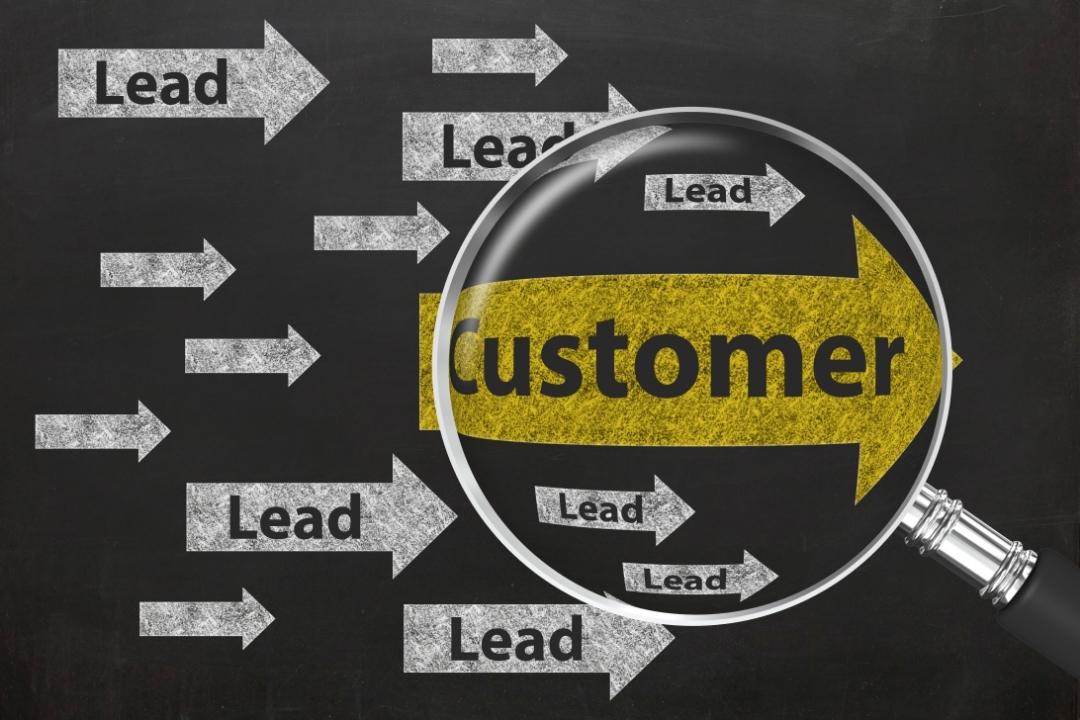Have you ever run a promotional campaign for your business? If your answer is yes. This is for you. Are you the one planning for a marketing campaign? This blog is for you too, but before that, check out our previous blog on promotional campaign ideas for the COVID-19 situation.
This blog intends to help you understand the importance of tracking promotional campaigns using KPIs- Key Performance Indicators. Let’s find out the top six KPIs that can help you in the process.
You have done in-depth research on your product, plenty of marketing studies, careful budgeting and then executed the promotional campaign for a brand. Now, all you have to do is wait for the results and hike your sales. Isn’t that so? Certainly not. You’ve forgotten about the game’s second inning, which is much more vital than the first. I’m referring to determining the performance of the promotional campaign you’ve run.
A brand’s promotional campaign is more than just coming up with a clever campaign concept and putting it into action. It’s also about determining how successful it was in reaching out to your customers and increasing the revenue. You must identify the flaws in the promotional campaign concepts you have implemented. This will assist you in bridging the gap and developing better promotional campaigns in the future.
There are umpteen elements to consider while evaluating a good marketing campaigns’ success. This blog will focus on the integral part, which are the Key Performance Indicators (KPIs).
What are Key Performance Indicators (KPIs)
Key performance indicators (KPIs) are measurable statistics that show how well a firm accomplishes important business goals. KPIs are used to determine the strategic, financial, and operational accomplishments of the business compared to its competitors.
We are now coming into the focal point. How and what KPIs are crucial in assessing the effectiveness of a promotional campaign?
Qualified Leads
Any promotional campaign’s purpose is to entice existing customers, while attracting new ones. To achieve both of these requirements, the campaign should be planned with a precise combination of objectives. Now you would have understood the significance of acquiring qualified leads from a marketing campaign. It is the first and most crucial step in increasing your sales.
Qualified leads refer to the general public or a group of people who have the best possibility of becoming your clients. They are not yet your customers, but the promotional campaign you created should assist you in identifying leads so that you may contact them with a more targeted approach. Marketing Qualified Leads (MQLs) are the customers interested in your brand/ product, but necessarily not to make a purchase. On the other hand, Sales Qualified Leads (SQLs) are the customers interested in making a purchase.
Dividing the campaign budget by the number of leads you have obtained through your promo campaign would help you figure out the amount you spent per lead.
Cost per Lead= Budget / Number of Leads
Conversions
In all forms of advertising initiatives, conversions are equally vital. To meet the business aim, ad campaigns, email campaigns, social media campaigns, and so on should reflect a high number of conversions.
The number of clients who are ready to make a purchase or have already made one, is referred to as conversions. It would, without a doubt, increase your sales and revenue. Hence conversions can be used as a self-evident KPI to evaluate sales promotion campaigns. The conversion rate after a promotional campaign is the number of conversions divided by the number of people who visited your website.
Conversion Rate = Number of Conversions / Number of Views
It would be best not to infer that conversions and sales are the same. Opening your campaign email, clicking a link, a phone call, leaving a query email, filling out your contact form, availing your free trial, etc., are important elements of conversion. On the other hand, when the customer makes a move to purchase, it comes under sales.
Sales
Sales is your ultimate goal—the journey’s end—despite being mentioned third in the order. After a promotional campaign, evaluate your sales performance to get a clear picture of the situation. Your marketing campaign’s performance should not be limited to one-time conversions or sales but instead, aim for repeat sales. Yes, it may depend entirely on the product or service you offer.
Revenue Attribution
Revenue attribution, also known as marketing attribution, is a common data collecting method. It is used to track the pattern in which the elements in a promotional brand campaign strategy have worked out. It helps you to evaluate the moment at which a campaign earn money and the amount of revenue they generate. It enables you to understand how your marketing campaign influenced or contributed to a conversion. Depending upon your budget and business, you can use attribution models like single-touch attribution models or multi-touch attribution models to track the revenue attribution.
Search Rankings & Website Traffic
Another set of KPIs used to assess the performance of promotional campaigns are improvement in your website’s ranking, Search Engine Results Pages (SERPs), and organic traffic. In digital marketing campaigns, this is exceptionally vital. An increase in organic traffic shows that clients are becoming more familiar with your product/service, increasing the likelihood of sales.
Social Media Traffic, Views & Sharing
Every promotional campaign’s success has been demonstrated to be dependent on the use of social media platforms. They offer a lot of data that could impact your sales and website traffic. When social media campaigns are well-planned and goal-oriented, they can inspire followers to form strong bonds with you or get familiar with your brand. You should, however, set up and track how your visitors interact with your social media strategy.
The success of your promotional campaign will almost certainly be mirrored on social media, which can serve as an important KPI. This is due to the fact that social media is where the bulk of your leads or consumers spend most of their time. Metric trackers like Google Analytics, Zoho and HubSpot can be used to assess social media campaigns. The overall campaign traffic, new followers, level of interaction, changes in website traffic, and sales can all be used to determine the campaign’s reach.
I hope now you have understood about the significance of KPIs in rating the success of promotional campaigns. After running a promotional campaign, take a deep breath and spend some time evaluating whether the campaign met its original goal. It is pointless to execute many promo campaigns without figuring out where you fall behind your competitors. Examining the efficacy of previous marketing campaigns can assist you in determining the reach of your plan and budget for your next campaign.
To collect statistics on the success of your promotional campaign, use tools like Salesforce, Google Analytics, Zoho, or Google 360. You wouldn’t get very far if you merely collect the numbers. Make sure you analyze the data and determine the benefits and drawbacks of the promotional campaigns. Rather than seeking one-time clients who are only interested in the offer/discount, the goal of your promotional campaign should be to create long-term and repeat customers.









0 Comments